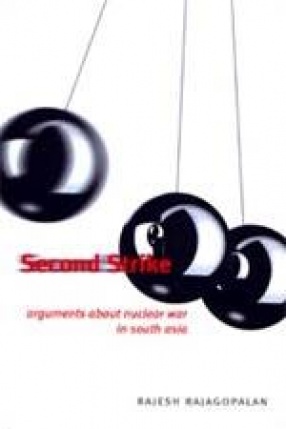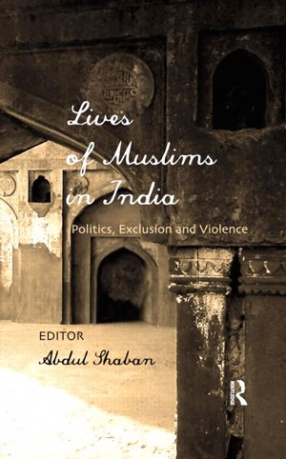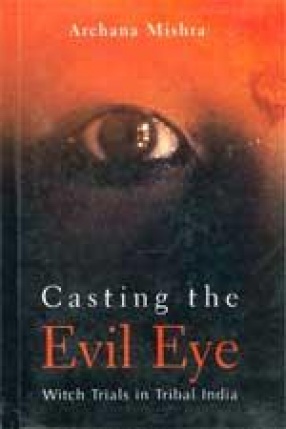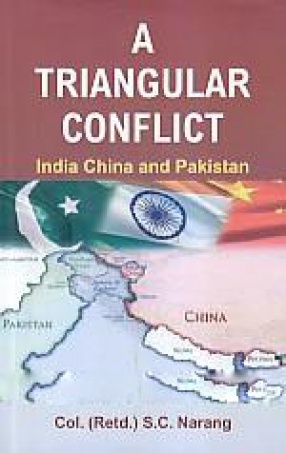In May 1998 India tested a series of nuclear devices in Pokharan. Two weeks later Pakistan announced a matching series of its own tests. A year later, when the two countries had a bitter confrontation in Kargil, the worst fears of ‘proliferation pessimists’ appeared to be coming true. The alarm bells have never really stopped ringing since then. In Second Strike: Arguments about Nuclear War in South Asia, Rajesh Rajagopalan challenges much of the conventional wisdom on the perceived nuclear danger in the region and suggests that the nuclear situation in South Asia is far less dangerous, and much more stable, than it is generally given credit for. Presenting a threefold case, the author focuses on the impact of nuclear doctrines on stability, a hitherto neglected aspect of the nuclear debate, and argues that Indian and Pakistani doctrines reduce the pressures on the two nuclear forces. Next, he presents the view that the doctrines of the two countries lessen the likelihood of accidents and other dangers such as terrorists stealing nuclear weapons. Finally, he examines another neglected aspect in the study of nuclear crises – the crucial role played by political leaders – and contends that political leaders tighten control over nuclear weapons in critical situations. Second Strike is the first full-length critical and scholarly work on an issue of overriding importance in the subcontinent. While it does not deny that absolute safety is never possible, it offers reason to hope that the worst-case scenarios that are so often projected are just that – scenarios.
Second Strike: Arguments about Nuclear War in South Asia
In stock
Free & Quick Delivery Worldwide
reviews
Bibliographic information
Title
Second Strike: Arguments about Nuclear War in South Asia
Author
Edition
1st ed.
Publisher
ISBN
0670058408
Length
xvii+237p., Notes; Index; 23cm.
Subjects





There are no reviews yet.